In this video I discuss what are minerals, what do minerals do in the body, as well as minerals nutrition. Transcript Whats up dudes, and whats up ladies, Bryan here and in this video we are going to look at minerals. This video is going to be a general overview VIDEO. I will be posting individual mineral videos in the near future. In this video we are going to look at what minerals are. The degree at which they are absorbed. And the 2 groups they are divided into. So, Lets roll. Minerals are an inorganic, not derived by a living matter substances needed in trace to small amounts to help regulate bodily functions, such as assisting with muscle contraction and regulating enzyme activity. Nearly All minerals with the exception of iron are absorbed in their free form. In most cases, When a mineral is bound to other molecules the mineral absorption is impaired. Also, Mineral-mineral interactions can interfere with how well minerals are absorbed. One example is that iron supplementation may decrease the ability of the body to absorb zinc. This is worth noting when considering taking mineral supplements. The degree at which a mineral can be absorbed is known as its bioavailability. High mineral bioavailability can be categorized when 40% of the mineral can be absorbed. The minerals included in this category are chloride, fluoride, iodine, potassium, and sodium. Minerals that have low bioavailability 10% include chromium, iron, manganese, and zinc. All other minerals have a bioavailability of 30 to 40%. The minerals that the body needs are called essential minerals. There are 16 of them, which I have listed on the screen. These can be divided into two groups; macrominerals and microminerals. Macrominerals are major elements and include calcium, chloride, magnesium, phosphorus, potassium, sodium, and sulfur. These elements have a recommended daily intake of 100 mg per day or more for adults. Microminerals are trace minerals and include chromium, copper, fluoride, iodine, iron, manganese, molybdenum, selenium, and zinc. Of these trace elements the only ones that have an established recommended daily intake are iodine, iron, selenium and zinc. Bottom Line Time…A great approach is to consume A balanced diet that contains a variety of nutrient dense foods that are not highly processed, That can provide the body with the essential minerals. Timestamps 0:00 Intro 0:20 What are minerals nutritionally? 1:01 Mineral absorption 1:30 What are the essential minerals?
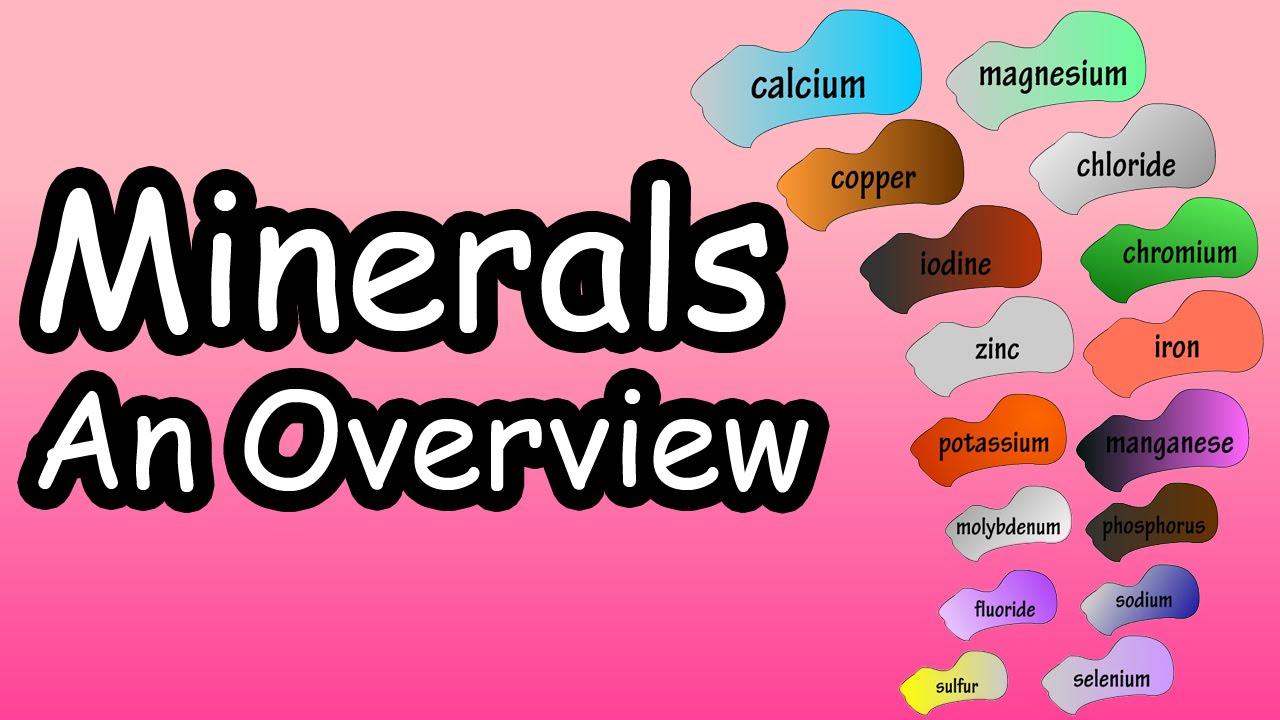
Minerals – What Are Minerals – What Do Minerals Do – What Are The Essential Minerals
- Post author:
- Post published:May 15, 2021
- Post comments:0 Comments
You Might Also Like

Physiology Meaning

L-Glutamine Benefits
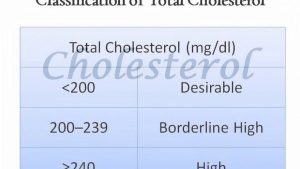
Cholesterol level Lipid profile
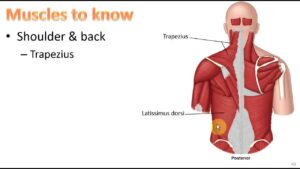
Anatomy Ch 9 – Muscular System

How To Do Half Life Calculations

Human Body, Body Building Muscle Building Anatomy Physiology Video – 50
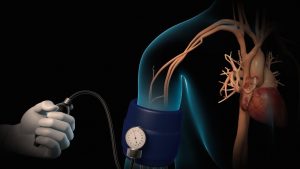
High Blood Pressure | Hypertension | Nucleus Health

This Is What Happens To Your Body After Drinking Red Bull

Endocrinology Video – 1

Diabetic Nutrition Education | Diabetes | Aurora BayCare

BarBell shrugs shoulder/back exercise

BICEP EXERCISES FOR STRENGTH & DEFINITION

Hygiene And House Keeping Video – 4

Bioenergetics Video – 2

Lat Pulldown Upper Back Exercise For Shoulder Stability Swimming

Yoga Guide Video – 4
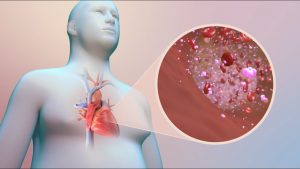
Diabetes and Heart Disease

6 Swiss Ball Back Extension
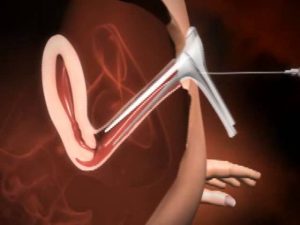
What is IUI treatment for Pregnancy

Paracetamol Overdose – Part One

High Pulley Overhead Triceps Extension – Step by Step Tutorial

Pharmacodynamics

One Hand Triceps Extension-8

Urology Surgery Video – 4

Orthopedic Physiotherapy Video – 1

12 Exercises To Change Your Life
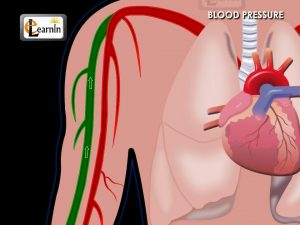
Understanding Blood Pressure | Human Anatomy and Physiology video 3D animation | elearnin
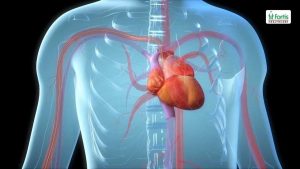
Angioplasty Procedure Animation Video.

DEXA SCAN – Body fat percentage test

What is Arthritis? – Arthritis Types and Basic Information – Dr. Rakesh Aggarwal – Tell Me Doctor

Lateral Raises-11

Incline Bench Press ( Dumbbells) : Chest Exercises
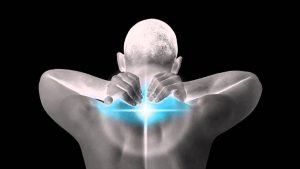
“Relaxed Muscles” 1 Hr Binaural Beat Session 965Hz
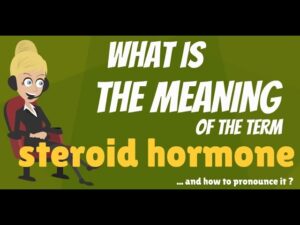
What is STEROID HORMONE? What does STEROID HORMONE mean? STEROID HORMONE meaning & explanation

Build An Amazing Upper Body With This Push-Up Workout – Just 4 Exercises

Diarrhea definition

Child And Adolescent Psychiatry Video – 3

Spa Business Video – 4

Chia Lemon Water The Best Drink for Your Weight Loss Diets
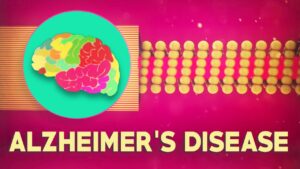
What is Alzheimer’s disease? – Ivan Seah Yu Jun

Child And Adolescent Psychiatry Video – 1

